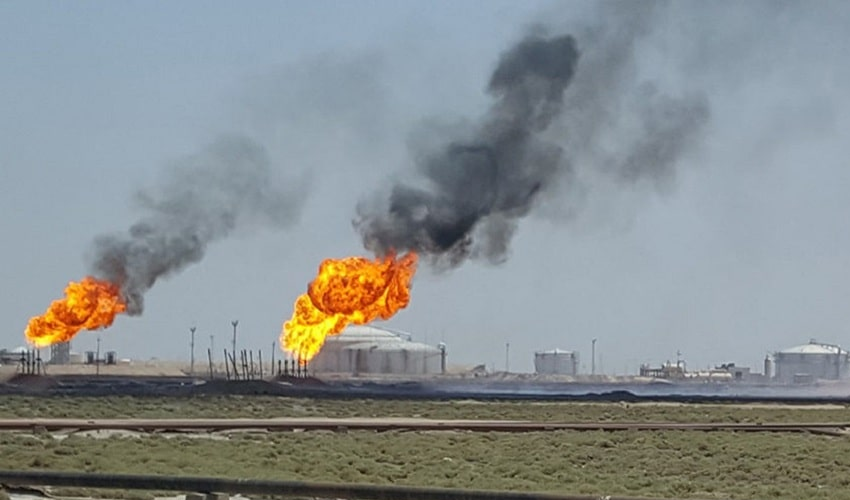Karachi's business community has expressed disappointment over this year’s Eid sales, marking the third consecutive year of sluggish business activity.
According to the All Karachi Traders' Alliance, shopkeepers failed to sell nearly 60% of their stock, resulting in significant financial setbacks.
Eid sales plunge due to inflation
Ateeq Mir, president of the All Karachi Traders' Alliance, revealed that around 40,000 shopkeepers across 200 markets in the city had invested approximately Rs40 billion in goods ahead of Eidul Fitr. However, sales totalled only Rs15 billion, leaving Rs25 billion worth of merchandise unsold in warehouses.
Mir attributed the disappointing sales to high inflation, declining purchasing power, and worsening law and order conditions, all of which dampened consumer spending during the festive season. Compared to last year, sales were down by 25%, further compounding traders’ financial woes.
Shopkeepers struggling to repay borrowed inventory
Many traders had stocked up on goods using borrowed capital, expecting an increase in Eid sales. However, with a large portion of stock unsold, they now face difficulties in repaying their dues.
Atiq Mir lamented that sharp inflation and limited income had stripped the poor of their Eid celebrations, forcing many families to cut back on spending.
PM to meet traders
On the other hand, Prime Minister Shehbaz Sharif is set to meet the country’s top business leaders on Thursday to discuss the recent reduction in electricity prices, according to sources.
During the meeting, the prime minister will brief the business community on power sector reforms and the government’s efforts to lower electricity costs. Cabinet members and other key business figures will also be present.
Sources confirm that the International Monetary Fund (IMF) has approved a reduction of Re1 per unit in electricity tariffs. The government had previously submitted a request to the National Electric Power Regulatory Authority (NEPRA) to lower electricity rates.
Additionally, discussions with the IMF are ongoing regarding the possibility of a significant reduction in electricity tariffs, aimed at easing the financial burden on businesses and consumers.



























